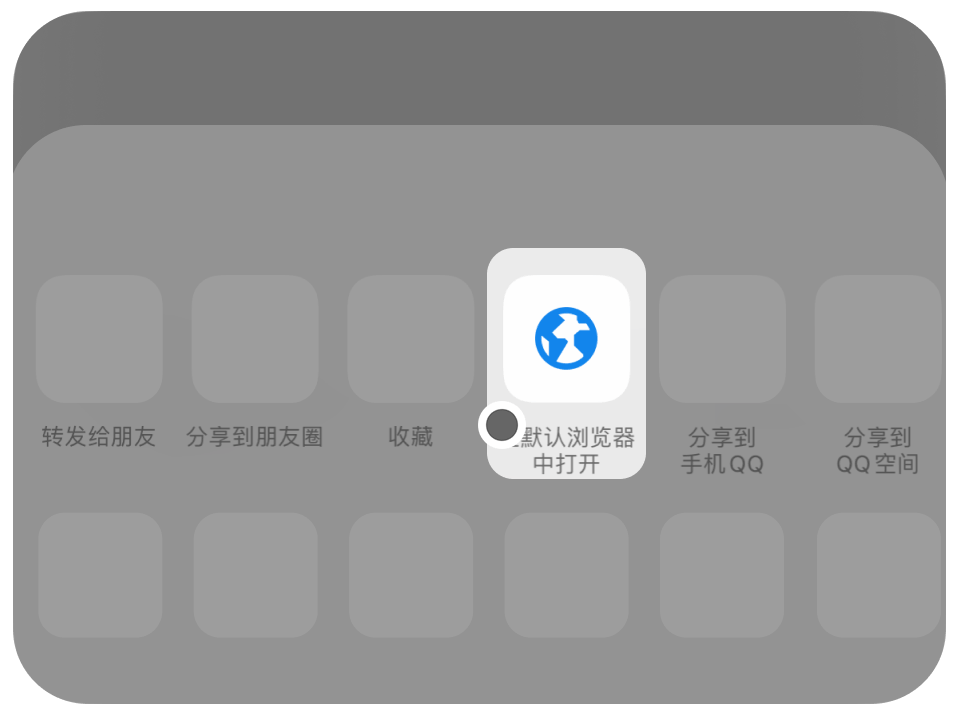Nvidia's China Gamble Pays Off as Trump Signals Repeal of AI Chip Export Ban
(Image Source: Video Screenshot)
AsianFin -- As the U.S. government edges toward reversing sweeping restrictions on AI chip exports, Nvidia CEO Jensen Huang has emerged as a central figure in the geopolitical chess game between Washington and Beijing, fighting to preserve the company's grip on China's $50 billion AI market.
Huang, often seen in his signature leather jacket, swapped it for a suit and diplomacy last month, making an urgent 48-hour trip to China. His mission: reassure clients like Alibaba, Tencent, and ByteDance that Nvidia would remain a reliable partner despite rising regulatory headwinds from Washington.
With the Biden-era "AI Diffusion Rules" — set to take effect May 15 — threatening to cut off advanced chip sales to China, Huang voiced rare public frustration. "If this rule is implemented without modification, we'll be forced to exit markets," he warned lawmakers at a House Foreign Affairs Committee hearing. The potential loss? An estimated $14–18 billion in annual revenue.
On Wednesday, the U.S. Commerce Department, under President Donald Trump, announced plans to repeal Biden's AI export control framework — widely criticized as overly complex and innovation-stifling. Trump aims to scrap the "three-tier" export system in favor of bilateral deals and a new "global licensing framework," with a focus on preventing reexports from third countries like Malaysia and Thailand to China.
"The Biden rules are too bureaucratic," a Commerce spokesperson said. "We're simplifying them to unleash America's innovation potential and maintain our lead in AI."
Markets welcomed the shift. Nvidia shares jumped 3.1%, helping lift the Philadelphia Semiconductor Index by 1.7%.
Despite being famously apolitical, Huang has been pushed into the policy spotlight by the AI boom and export restrictions. His public appeal — "Don't ban me" — highlighted the unintended consequences of overregulation: ceding the Chinese market to competitors like Huawei, which he described as "one of the most powerful tech companies in the world."
"Missing out on China's $50 billion AI market would be like losing Boeing — not just a plane, but the entire company," Huang told attendees at a recent Hill & Valley Forum. "We're talking about lost revenue, jobs, and tax contributions."
Indeed, China accounted for 13% of Nvidia's $60.9 billion revenue in fiscal 2025, second only to the U.S. And with H20 chip sales now banned indefinitely, the stakes have never been higher. Bloomberg estimates a quarterly loss of $5.5 billion from the restrictions.
To comply with existing rules while staying competitive, Nvidia has reportedly developed a new China-specific chip that sidesteps current export limits. Mass production could begin as early as June.
While the U.S. dominates foundation model innovation, China is making visible strides in applied AI. Tools like DeepSeek are transforming workflows, while AI-powered humanoid robots from firms like Unitree are going viral. From smart EVs to Spring Festival performances, China is catching up — fast.
The New York Times reported this week that "the era when China lagged far behind the U.S. is over," echoing a Wall Street Journal analysis that the tech gap is rapidly narrowing.
That puts more pressure on Washington to rethink its industrial policy — and on companies like Nvidia to walk a tightrope between national security concerns and commercial imperatives.


